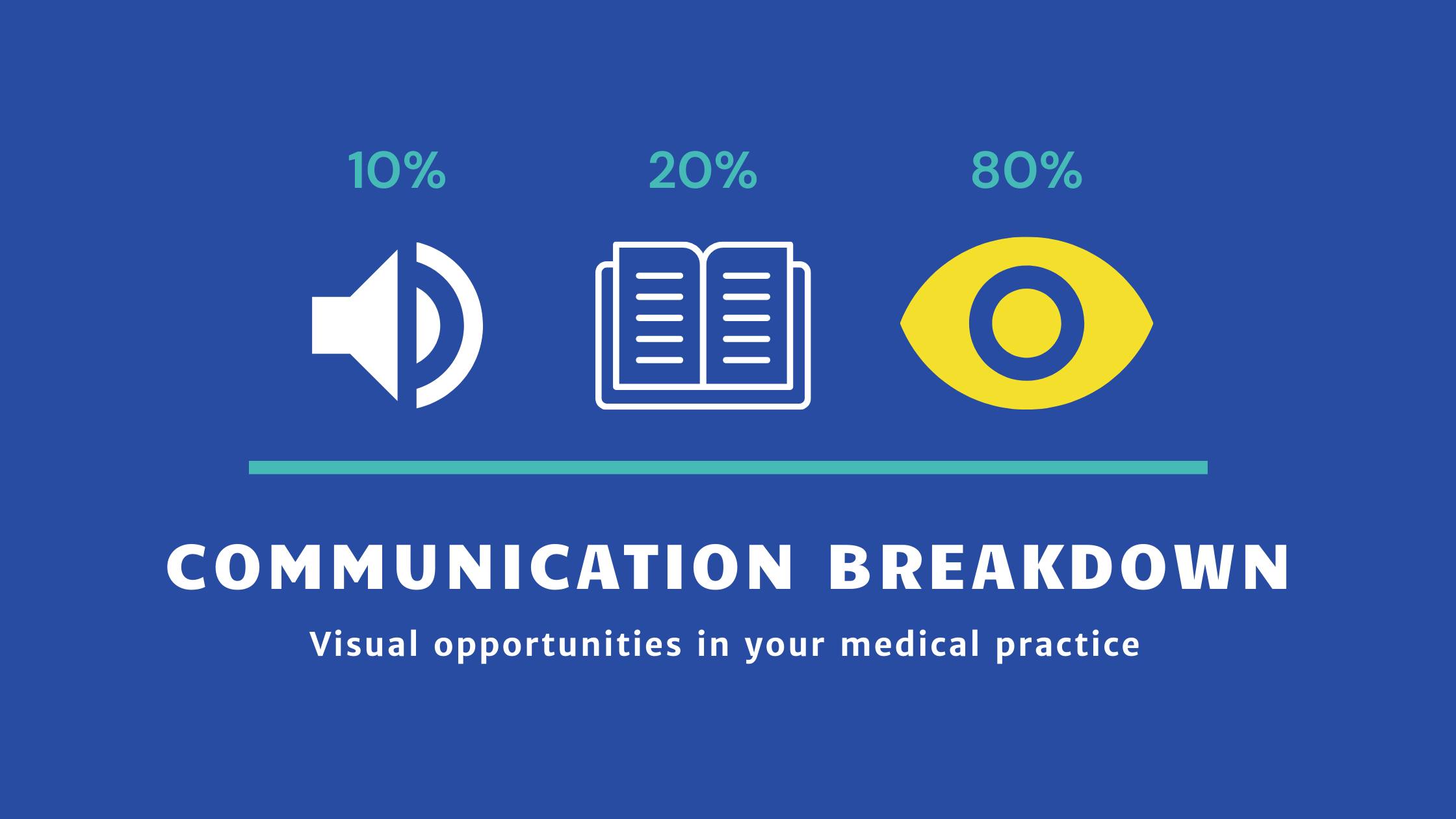
Communication Breakdown
People remember 10% of what they hear, 20% of what they read and 80% of what they see. Here’s how you can use that in your medical practice.

People remember 10% of what they hear, 20% of what they read and 80% of what they see. Here’s how you can use that in your medical practice.
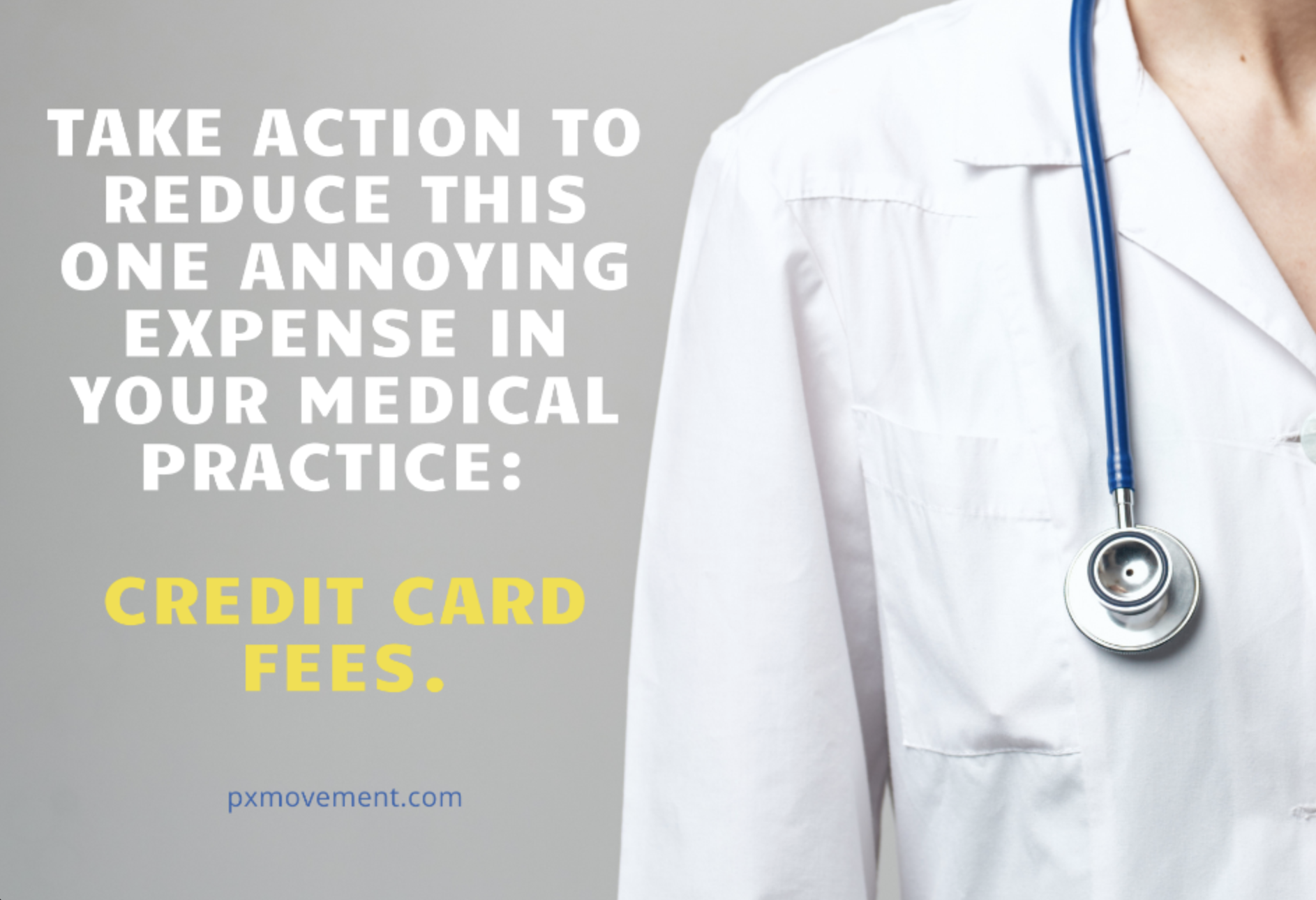
How to find that missing money In reviewing financials for medical practices, there’s one line item that sticks out because of the amount as well as this gnawing sense that it’s just unreasonable relative to all the other costs of running a business. That line item: credit card fees. It’s the
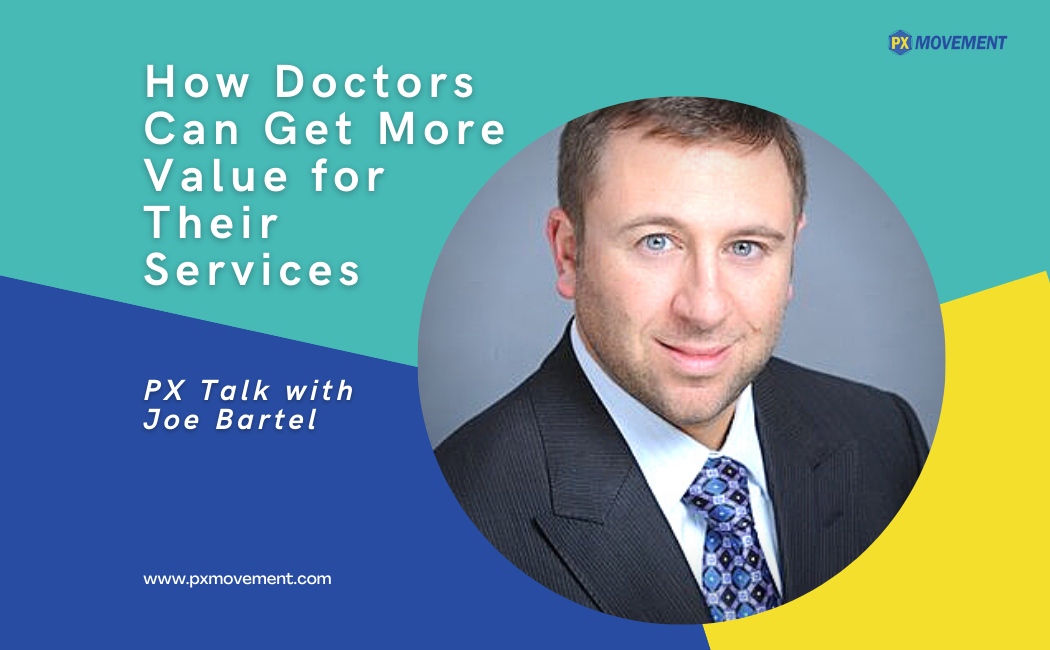
Check out this PX Talk with Joe Bartel as he explains to us how doctors can get more value for their services!
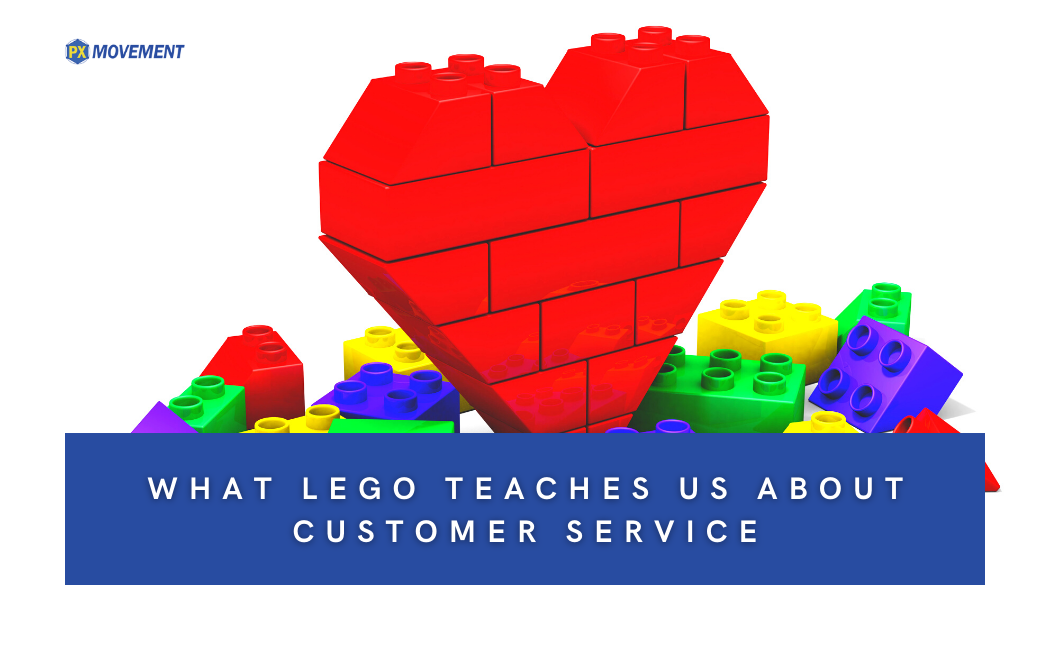
Check out this real-life story from LEGO’s customer service department that teaches us to respond in a manner that speaks to the heart of the customer, as well as the heart of the problem.
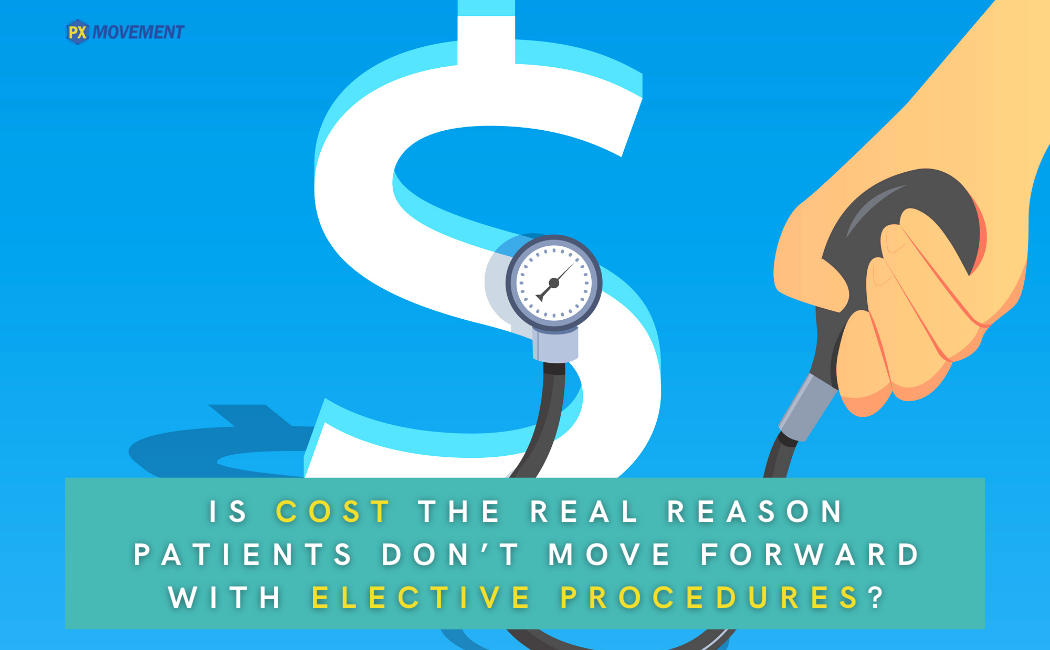
Doctors and their practices have been conditioned to think that cost is the biggest barrier to patients moving forward with elective procedures. Dig a bit deeper and you find that affordability – not price itself – has a huge impact on patient decision making. According to a recent study, the unmet demand for payment plans has created an opportunity for vision, cosmetic and dental practices to expand demand for services by 50%.

In this week’s blog post, I focus on CONNECTION – one of the four attributes that patients really want to see in their doctor.

Many practices tell me they have a difficult time recruiting great employees. The problem may lie in where you are looking! In recent travels I have met rockstar employees that all have one thing in common: they were recruited from outside of healthcare.
We touched on some key issues facing medical practices in how we treat patients.

I was able to do a one-on-one sit down with my favorite expert on customer service, John DiJulius. His career and client list is legendary and now includes the Charlotte Police Department!
We touched on some key issues facing medical practices in how we treat patients.

When expectations are high, the risk of failing to meet them are great. There’s a lot we can learn and apply in medical practices from a disappointing fine dining experience at Disneyland.

Some people may think that medicine and the healthcare industry are world’s apart from customer service and the hospitality industry. That’s simply not the case. There is much that medical practices can learn in terms of how to better interact with patients as part of the overall experience. Here are 4 lessons doctors can learn from the hospitality industry for their own practices.